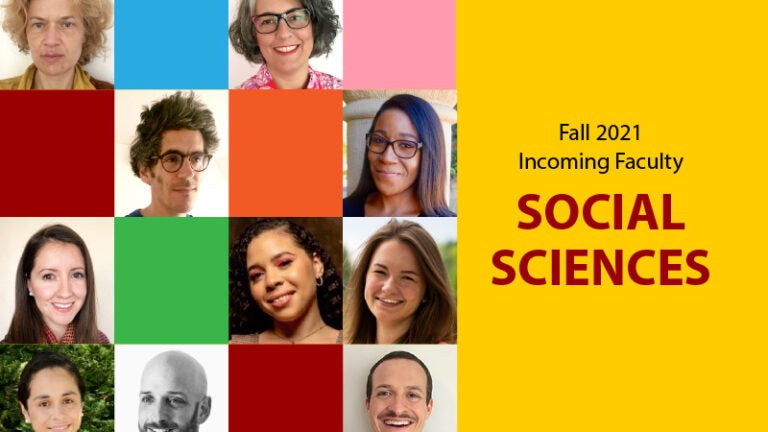
New faculty explore emotional regulation, heritage languages and international trade
A host of new social sciences faculty members join the USC Dornsife College of Letters, Arts and Sciences for the fall 2021 semester. Here they share insights into their academic and personal pursuits.
Marianne Andries | Assistant Professor of Economics
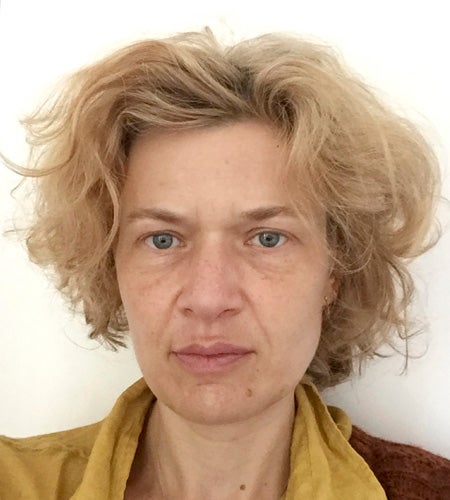
Academic Focus: My area of research is in market finance: understanding how risky assets are priced; why risk and returns tradeoff may vary over time; how investors’ behaviors and their access to information impact prices, etc. To try and answer these questions, my research builds on evidence in neuroscience and behavioral economics regarding how people make decisions, how they evaluate risks, how they process information — which sometimes shows important departures from the rational “Homo Economicus” of classical models..
If you could invite one person to dinner, living or dead, who would you select? What would be on the menu? Michael B. Jordan, to make my kids happy. (They won’t care what’s on the menu.)
What inspires you? Good books and ingenuity in scientific discoveries.
Favorite book you’ve read lately? Lonesome Dove by Larry McMurtry.
Andrea Ballestero | Visiting Associate Professor of Anthropology
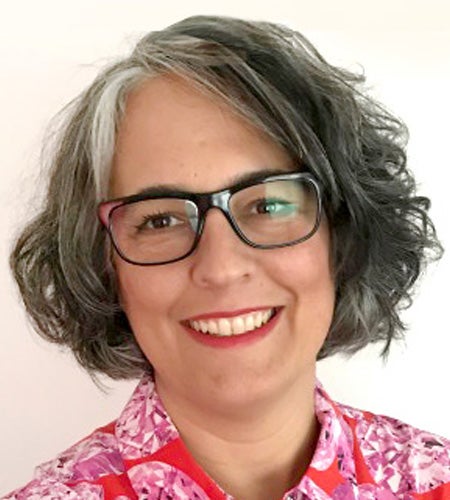
I study how science, economics and law shape our collective life and its cultural meaning. My first book examined the implementation of the human right to water in Costa Rica and Northeast Brazil. I am now writing a book on the reinvention of the underground and the meaning of aquifers in Costa Rica.
If you could invite one person to dinner, living or dead, who would you select? My Grandmother. We would sample homemade patis.
What inspires you? Curiosity
Favorite book you’ve read lately? The Savage Detectives by Roberto Bolano
Thomas Chaney | Professor of Economics
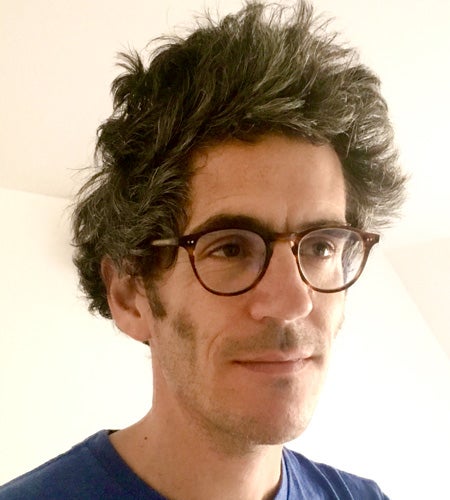
Academic focus: International trade, economic history, finance and networks.
If you could invite one person to dinner, living or dead, who would you select? What would be on the menu? Marie Curie. I would cook homemade pasta, but then I’d be too intimidated to say anything.
Where is your favorite place to travel? Vercors in the French Alps, Sifnos in the Greek Cyclades and … anywhere really.
What food or condiments will we always find in your kitchen? Olive oil and Aleppo peppers.
Jennifer Cryer | Assistant Professor of Political Science and International Relations
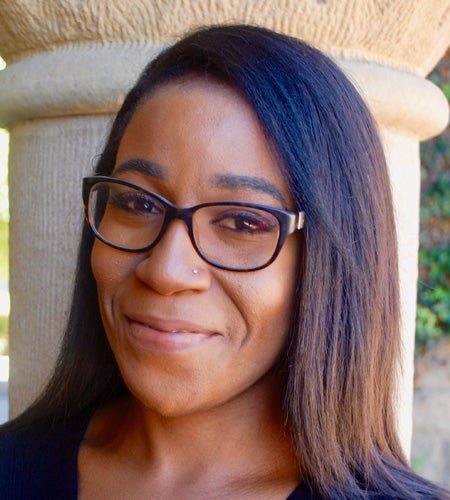
I am currently studying how race and gender shape how candidates speak to their voters, using advanced computational methods.
If you could invite one person to dinner, living or dead, who would you select? What would be on the menu? It would be a tie between Gladys Mae West, the mathematician who worked with the Department of Defense to create satellite-driven geolocation (GPS), and Ida B. Wells, the early 20th-century investigative journalist who leveraged statistics and interviews in her stories.
Favorite book you’ve read lately? Data Portraits: Visualizing Black America by W. E. B. Du Bois has become my favorite purchase of the pandemic. It is inspiring to see an African American social scientist create a rigorous and beautiful quantitative assessment of his community at the time. All of the graphics — drawn by hand and dating back to the 1900 Paris Exposition — really show how important data analysis, science and graphic design are in the study of society.
What food or condiments will we always find in your kitchen? Black beans, rice, Tapatio and Sriracha are always on hand. But I’m not going to lie, there are definitely too many empty bags of Sour Patch Kids and sunflower seeds in my house.
Cryer will be teaching POSC 335: “Political Parties, Campaigns, and Elections” this fall.
Deisy Del Real | Assistant Professor of Sociology
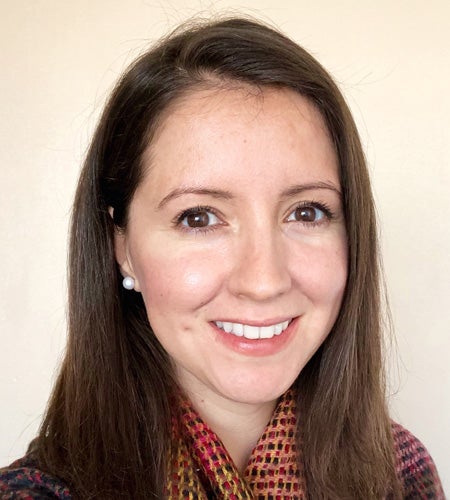
Academic focus: My research examines how government officials and activists negotiate different immigration policies. For example, I am writing a book that uncovers the factors, mechanisms and actors that led to the successful negotiation and implementation of the 2002 Mercosur Residency Agreement in nine South American countries. The Residency Agreement makes legal status a substantive right, requiring states to provide undocumented immigrants with legal residency. Other studies include how legal immigration contexts, ranging from restrictive to welcoming, affect the lives and well-being of undocumented immigrants in the United States as well as Venezuelans and Bolivian migrants in Argentina, Chile and Colombia.
What inspires you? Finding solutions to pressing social problems while remaining true to my personal dreams.
Where is your favorite place to travel? South America.
Favorite book you’ve read lately? Educated by Tara Westover.
Del Real will be teaching SOCI 460: “Key Issues in Contemporary International Migration” this fall.
Brittany Friedman | Assistant Professor of Sociology
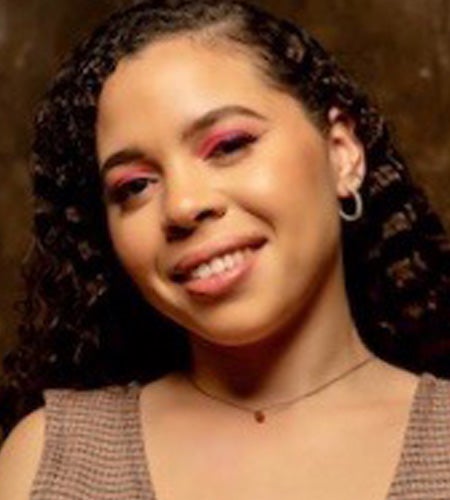
Academic focus: I research the causes and consequences of class, racial and gender inequalities in the criminal justice system through the lens of Black feminism, critical race theory, collective behavior and economic sociology. Specifically, I study these dynamics through various projects that examine: 1) the organization of social life within prisons, 2) political protest against the carceral state, 3) the imposition and recoupment of monetary sanctions such as fines and fees, and 4) the impact of the COVID-19 pandemic on the conditions of confinement in prisons.
If you could invite one person to dinner, living or dead, who would you select? What would be on the menu? Toni Morrison, for sushi.
Where is your favorite place to travel? Rio de Janeiro, Brazil.
What inspires you? Nature and music.
Zuzanna Fuchs | Assistant Professor of Linguistics
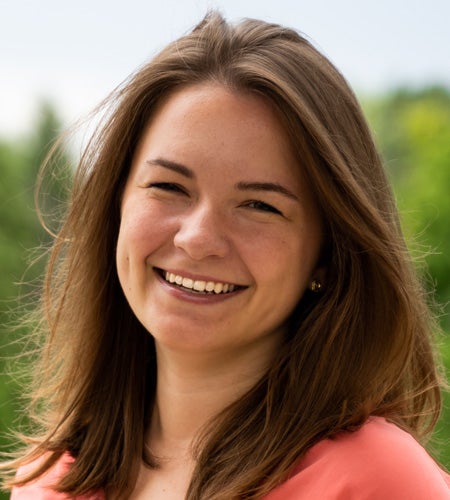
Academic focus: My work focuses on heritage languages. A heritage language is one that develops when an individual grows up speaking a language at home (the heritage language) but then learns a different language when they start going to school, and over time they don’t feel quite as comfortable speaking their heritage language anymore.
My goal is to understand how the two languages affect each other in this type of bilingualism, and to understand how limited exposure to the heritage language does (or does not!) affect the heritage speakers’ ability to understand and process that language.
What inspires you? Hearing the stories of heritage speakers. Heritage bilingualism is often an outcome of immigration or other forms of displacement in a person’s family history, therefore a heritage speaker’s relationship with their heritage language is often complex and sometimes difficult. Most important, their language is always a significant part of their identity, something they do not take for granted.
What do you like to do in your spare time? My favorite thing to do in my free time is to practice playing the piano. I only started a year ago and am really enjoying developing a new skill. I also enjoy reading, solving the New York Timescrossword puzzle and doing yoga. Now that I will be living in a warm climate year-round, I hope to get back into running.
Where is your favorite place to travel? Warsaw, Poland, where I was born and where my family emigrated from when I was a child.
Fuchs will be teaching LING 547: “Morphology” this fall.
Chardee Galán | Assistant Professor of Psychology
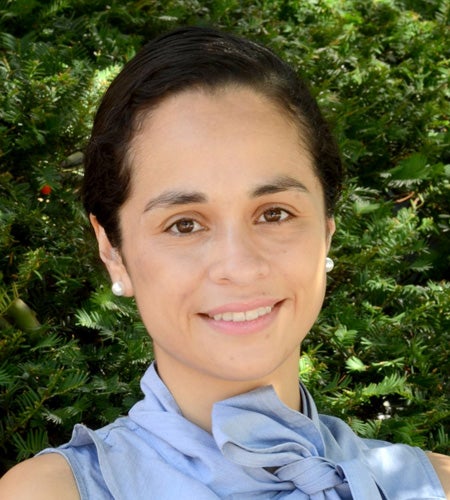
Academic focus: I’m trained as a clinical and developmental psychologist, and my work focuses on identifying the risk factors that predict the onset of youth conduct problems as well as innovative approaches to disseminating prevention and intervention programs for youth behavioral problems among families living in poverty.
More recently, my work has expanded to include the study of racial discrimination, racial violence and racial-ethnic socialization in Black and Latinx families. My goal is to use this work to develop culturally-relevant prevention programs that reduce racial stress and trauma, prevent youth behavioral problems and improve youth and family well-being and functioning.
Galan will be teaching PSYC 360: “Abnormal Psychology” this fall.
Seth Holmes | Dean’s Professor of Anthropology and Population and Public Health Sciences
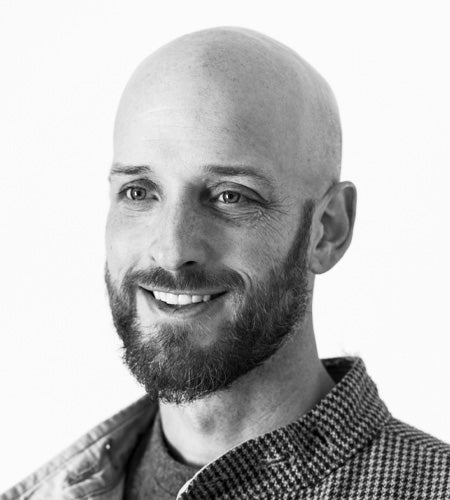
Academic focus: As a cultural and medical anthropologist and physician, I have conducted collaborative research on social hierarchies, health inequities and the ways in which these and other asymmetries are naturalized, normalized and resisted in the contexts of transnational immigration, food systems, medical education and health care.
What do you like to do in your spare time? Bicycle, rock climb, hike, kayak, canoe and backpack. I also like to get involved in collective efforts to make society more equitable and just.
If you could invite one person to dinner, living or dead, who would you select? What would be on the menu? Frantz Fanon, psychiatrist, social theorist and organizer. I hope we would cook our own meal together.
Favorite book you’ve read lately? Fatal Invention by Dorothy Roberts and Contrarian Anthropology by Laura Nader.
Santiago Morales | Assistant Professor of Psychology
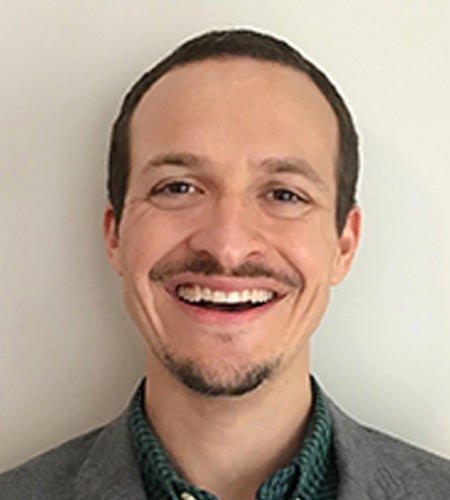
Academic focus: My research examines individual differences in the development of emotion and emotion regulation — often thought of as temperament. My research focuses on the impact that these early individual differences have on socioemotional development, especially with regards to the development of internalizing and externalizing psychopathology.
I am also interested in identifying factors, such as how children process social information, that help us determine which children at temperamental risk go on to develop socioemotional problems. My work integrates multiple methods, including behavioral observations, computer-based tasks (eye tracking) and neuroscience measures (EEG and functional MRI).
If you could invite one person to dinner, living or dead, who would you select? What would be on the menu?Charles Darwin or William James, and sushi would be in the menu.
What inspires you? I am inspired to learn and better understand how social and emotional development occurs with the goal to promote mental health.
Favorite book you’ve read lately? Behave by Robert Sapolsky and One Hundred Years of Solitude by Gabriel Garcia Márquez.
Morales is teaching PSYC 499: “Developmental Neuroscience of Human Behavior” this fall.
Audrye Wong | Assistant Professor of Political Science and International Relations
I am interested in how states use nonmilitary tools, including economic and informational tools, in pursuit of geopolitical influence. My research interests cover the political economy of security, foreign influence operations, China’s foreign policy and Asia-Pacific security issues. My current book project examines the strategies and effectiveness of economic statecraft, with a focus on positive inducements.
Yunqi Wong will be teaching IR 333: “China in International Affairs.”
Learn about other faculty joining USC Dornsife this fall here >>